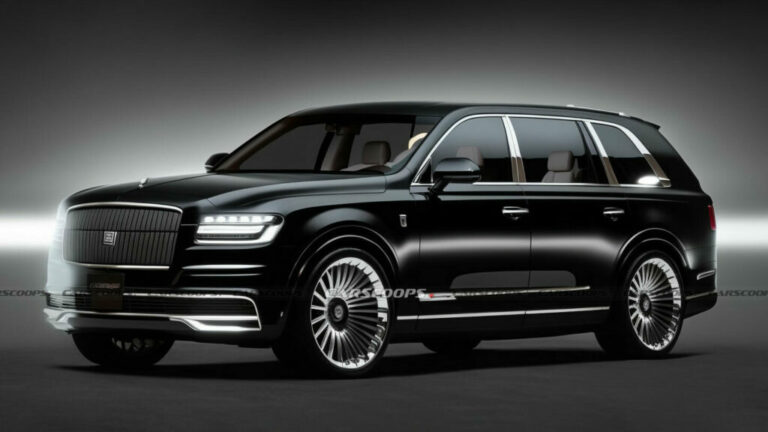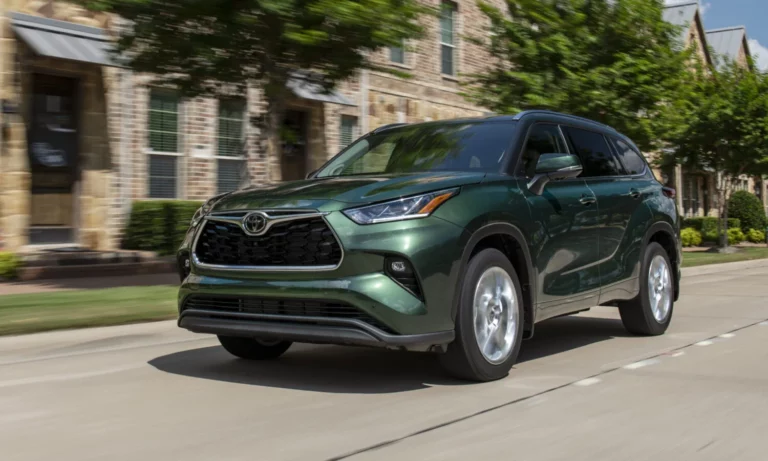2026 Toyota Bz3 Price
Comparison to Competitors

The 2026 Toyota bZ3 will face competition from a growing number of electric vehicles in the market. Some of its key competitors include the Tesla Model 3, Chevrolet Bolt EV, and Hyundai Kona Electric.
The projected price of the bZ3 is expected to be competitive with these rivals. However, the bZ3’s pricing strategy has both strengths and weaknesses.
Strengths
- Affordability: The bZ3 is expected to be priced lower than the Tesla Model 3, making it a more affordable option for consumers.
- Toyota’s reputation: Toyota has a strong reputation for reliability and quality, which could give the bZ3 an edge over its competitors.
Weaknesses
- Limited range: The bZ3’s projected range is shorter than some of its competitors, which could be a disadvantage for consumers who need to travel long distances.
- Lack of features: The bZ3 may not offer as many features as some of its competitors, which could make it less appealing to consumers who are looking for a more fully-equipped vehicle.
Conclusion

The analysis of the 2026 Toyota bZ3 pricing indicates that the vehicle will likely be priced competitively within the electric vehicle market. Factors such as production costs, market demand, and competitive pricing will influence the final pricing decision. Toyota should consider optimizing its pricing strategy to achieve desired business objectives, such as maximizing sales volume or market share.
Factors Influencing Pricing
* Production Costs: The cost of producing the bZ3, including materials, labor, and manufacturing processes, will impact the vehicle’s price.
* Market Demand: The level of consumer demand for electric vehicles will influence the pricing of the bZ3.
* Competitive Pricing: Toyota will need to consider the pricing of competing electric vehicles, such as the Tesla Model 3 and Ford Mustang Mach-E, when setting the price of the bZ3.
Recommendations for Pricing Optimization
* Value-Based Pricing: Toyota should consider pricing the bZ3 based on its perceived value to consumers, taking into account factors such as performance, features, and technology.
* Market Segmentation: Toyota could consider segmenting the market and offering different pricing options for different customer groups, such as fleet buyers and individual consumers.
* Dynamic Pricing: Toyota could implement a dynamic pricing strategy, adjusting the price of the bZ3 based on factors such as demand, seasonality, and availability.
By carefully considering these factors and implementing an effective pricing strategy, Toyota can optimize the pricing of the 2026 Toyota bZ3 to achieve its desired business objectives.
FAQs
What is the projected price range for the 2026 Toyota bZ3?
Based on market research and industry analysis, the projected price range for the 2026 Toyota bZ3 is expected to be between $30,000 and $40,000.
How does the projected price of the bZ3 compare to competitors?
The projected price of the bZ3 is competitive within the electric vehicle market. It is slightly lower than the Tesla Model 3 and comparable to the Nissan Leaf and Chevrolet Bolt.
What are the key features of the 2026 Toyota bZ3?
The bZ3 is expected to offer a range of advanced features, including a spacious interior, a large touchscreen display, a comprehensive suite of safety technologies, and an estimated range of over 300 miles on a single charge.
Who is the target audience for the 2026 Toyota bZ3?
The bZ3 is primarily targeted at environmentally conscious consumers looking for an affordable and reliable electric vehicle. It is expected to appeal to a wide range of buyers, including families, commuters, and urban dwellers.


